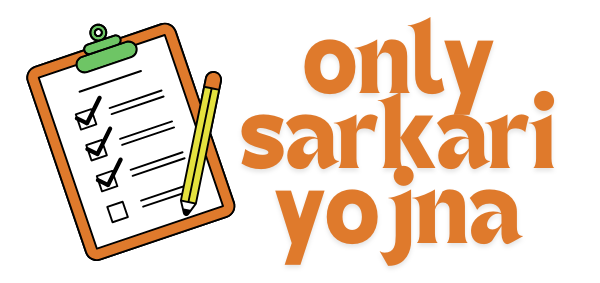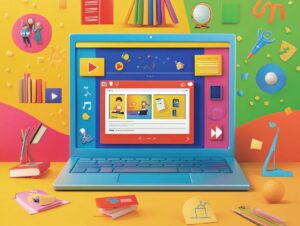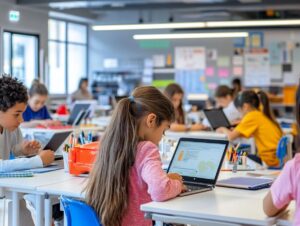Education serves as the cornerstone for both personal and professional development, profoundly influencing individuals and societies.
Its purpose transcends the mere acquisition of knowledge; it enables individuals to realize their full potential and promotes economic and social progress.
This article examines the multifaceted role of education, its myriad benefits, the barriers encountered in accessing it, and the significance of lifelong learning.
It will elucidate how education not only lays the groundwork for success but also enriches our lives and strengthens our communities.
Understanding the Role of Education in Life
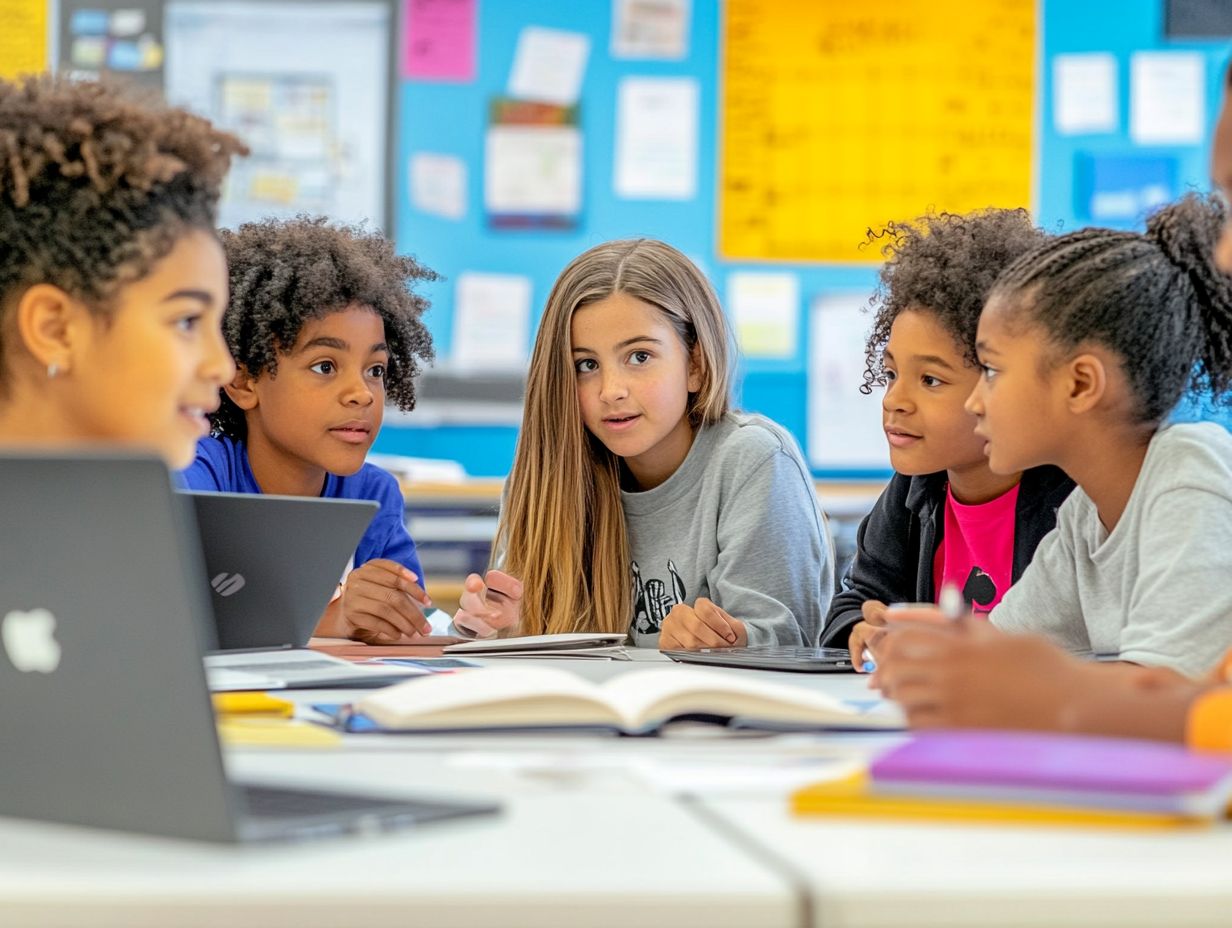
Education plays a crucial role in shaping an individual’s life by providing essential skills, knowledge, and values necessary for personal development and career advancement.
It nurtures critical thinking, emotional intelligence, and creativity, enableing individuals to make informed decisions that profoundly affect their lives and the lives of others.
The significance of education transcends mere academic achievement; it cultivates self-discipline and motivation, equipping individuals to navigate the challenges of an ever-evolving world.
Moreover, education emphasizes the enablement of individuals, enabling them to pursue opportunities that promote greater economic stability and enhance civic engagement within their communities.
Defining Education and its Purpose
Education can be defined as a systematic process designed to impart knowledge, values, and skills to individuals, thereby enabling them to achieve academic success and personal growth. Its purpose extends beyond the mere dissemination of information; it cultivates responsible citizens equipped with lifelong skills essential for navigating the complexities of life and contributing positively to society.
Education encompasses various forms, including formal education in schools and universities, as well as informal methods such as mentorship, self-directed learning, and community engagement. These avenues work in tandem to shape individuals’ characters and their understanding of their roles within a broader community.
Through structured curricula and experiential learning, education not only aims for academic achievement but also fosters critical thinking, empathy, and ethical foundations necessary for social responsibility. This holistic development prepares individuals not only for their careers but also for the myriad challenges they will encounter throughout their lives.
Benefits of Education
The advantages of education are extensive, significantly influencing both individuals and society by fostering personal development, improving career prospects, and enhancing overall success.
An educated populace is better prepared to contribute to economic stability and innovation, while also cultivating social skills and emotional intelligence essential for effective collaboration and community development.
Education serves as a gateway to numerous opportunities, enableing individuals to improve their socioeconomic status and realize their aspirations.
Personal and Professional Growth
Education serves as a significant catalyst for both personal and professional growth, equipping individuals with the knowledge and skills essential for lifelong learning and adaptability in their careers. It promotes a culture of continuous improvement, motivating individuals to pursue self-enhancement and professional development opportunities that augment their qualifications and employability.
By fostering self-awareness, individuals are enableed to identify their strengths and weaknesses, enabling them to set targeted goals and aspirations. This process not only facilitates personal development but also enhances professional competencies in a dynamic job market.
As individuals acquire new skills and knowledge, they become more versatile and capable of adapting to changing circumstances and expectations. The journey of education cultivates a mindset of curiosity and resilience—critical attributes that equip individuals to navigate challenges and capitalize on opportunities throughout their careers.
Ultimately, the interplay between education and personal development establishes a solid foundation for a fulfilling and successful professional life.
Impact of Education on Society
Education plays a crucial role in shaping society by facilitating social progress and economic development, while also promoting civic engagement and community cohesion.
A well-educated population is vital for effectively addressing societal challenges, advancing equality, and improving the overall quality of life.
Through education, individuals are enableed to become informed citizens who actively engage in democratic processes and contribute to the welfare of their communities.
Social and Economic Advancements
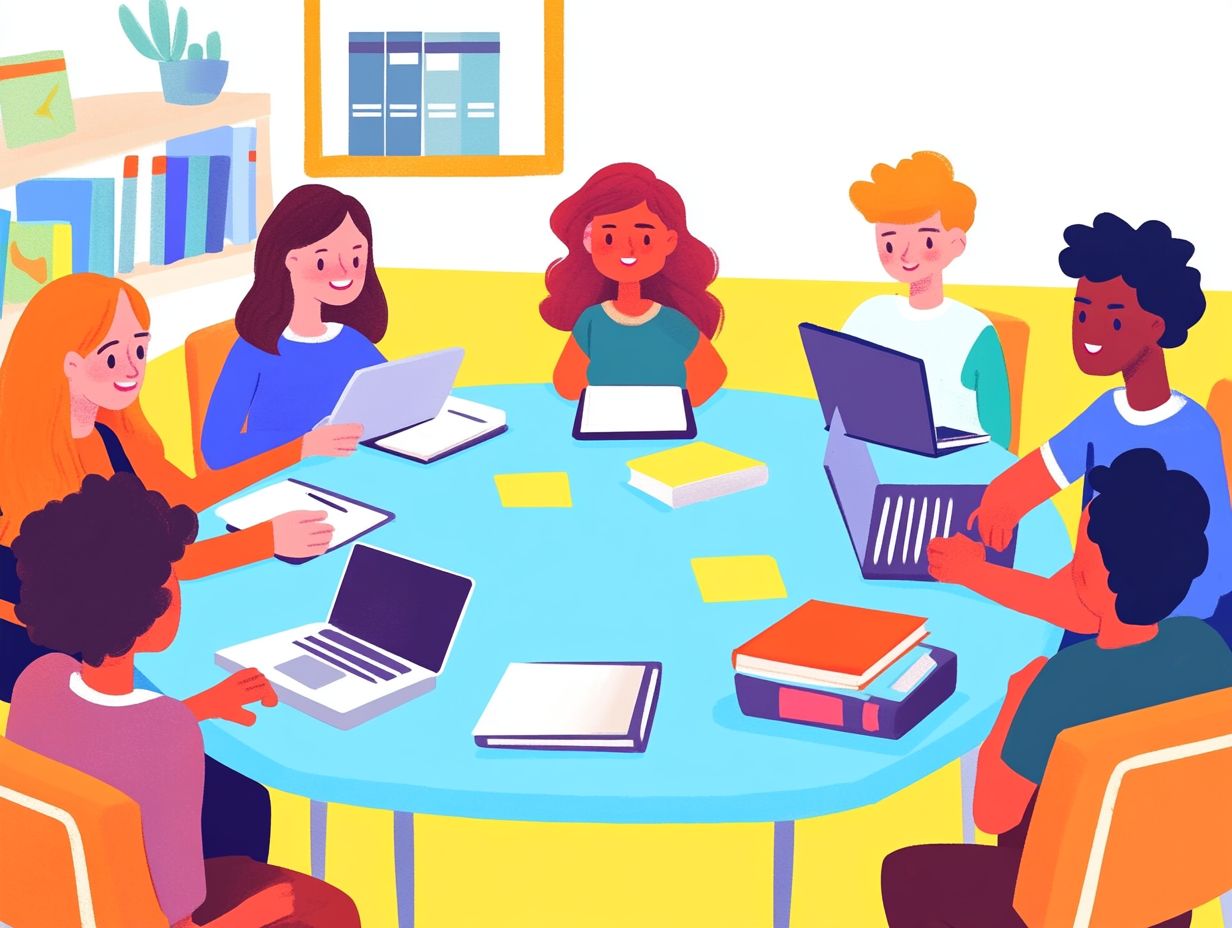
Education serves as a vital instrument for social and economic advancement, enabling individuals to attain upward mobility and secure stable livelihoods. By investing in education, societies enable their citizens to make meaningful contributions to the economy and engage in community service, thus fostering a cycle of growth and resilience.
When individuals acquire educational qualifications, they often experience enhanced job opportunities and increased earning potential, which collectively promote economic stability within communities. This broader access to better-paying jobs not only assists in lifting families out of poverty but also mitigates disparities arising from socioeconomic factors.
As a greater number of individuals achieve higher levels of education, communities benefit from a more skilled workforce, which in turn leads to increased innovation and productivity.
Consequently, the ripple effects of education significantly contribute to societal enablement, reinforcing the assertion that investing in learning is essential for sustainable development and the overall well-being of society.
The Link Between Education and Success
The connection between education and success is significant, as education establishes a foundation for academic achievement and equips individuals with critical thinking and problem-solving skills that are essential for addressing life’s challenges.
Access to quality education broadens career opportunities, considerably enhancing the likelihood of achieving professional success and personal fulfillment.
How Education Contributes to Success
Education plays a crucial role in fostering success by equipping individuals with essential skills, enhancing motivation, and cultivating a passion for lifelong learning.
By addressing the achievement gap through equitable access to educational resources, individuals are enableed to pursue their aspirations and accomplish their goals, thereby promoting a culture of success.
This comprehensive approach not only improves critical thinking and problem-solving abilities but also encourages creativity and collaboration among peers. Education serves as a catalyst for motivation, inspiring learners to set ambitious objectives and work diligently toward their personal and professional benchmarks.
The commitment to lifelong learning is essential in an ever-evolving job market, where adaptability and continuous improvement are vital for maintaining competitiveness.
When educational institutions prioritize equity and accessibility, they establish pathways for all individuals, regardless of their backgrounds, to realize their potential and make meaningful contributions to society.
Challenges and Barriers to Education
Despite the acknowledged significance of education, numerous challenges and barriers impede access to quality education for many individuals, particularly those from disadvantaged socioeconomic backgrounds.
Factors such as limited accessibility, insufficient resources, and systemic inequalities contribute to educational disparities, obstructing the pursuit of knowledge and skills that are crucial for personal development and success.
Identifying and Overcoming Obstacles
Identifying and overcoming obstacles to education necessitates a multifaceted approach that encompasses mentorship, community support, and comprehensive educational reform. By collectively addressing these challenges, stakeholders can work towards creating a more inclusive and equitable educational landscape that enables individuals to realize their full potential.
Mentorship is instrumental in guiding students through their academic journeys, providing essential encouragement and expertise necessary to navigate challenges effectively. By cultivating a culture of collaboration, where experienced mentors share their insights, learners can benefit from tailored support systems that cater to their unique needs.
Community involvement is equally crucial, as local organizations and volunteers can provide resources and opportunities that enhance engagement and motivation. Advocating for reforms in education policy is vital to dismantling systemic barriers, thus enabling a supportive framework that prioritizes collaboration and fosters lasting success for all learners.
Ways to Access Education
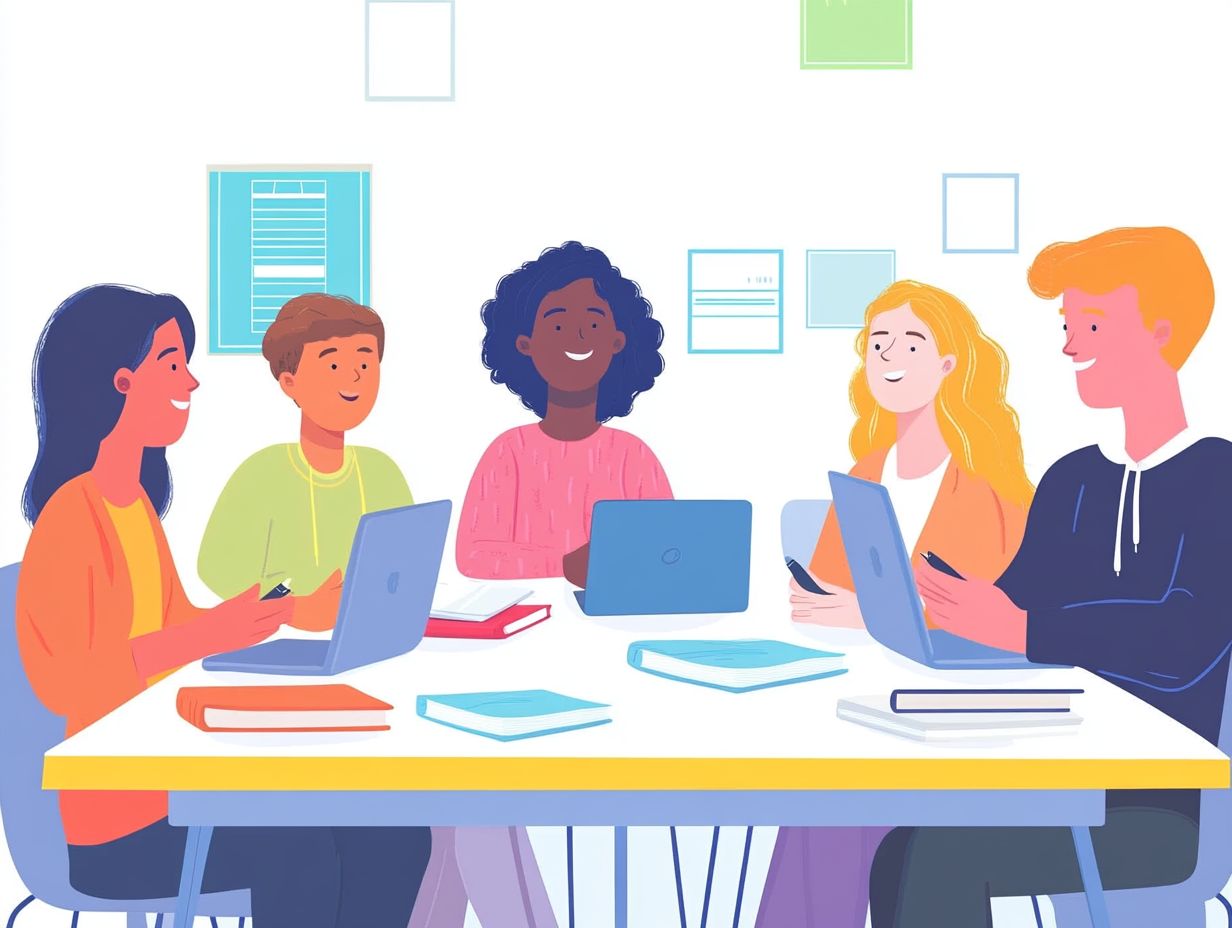
Accessing education can manifest in multiple forms, including traditional methods such as formal schooling and non-traditional approaches like vocational training, online courses, and peer learning opportunities.
With the advancement of technology, digital literacy has become a critical skill, enableing individuals to utilize online resources effectively for their educational endeavors.
Traditional and Non-Traditional Methods
Traditional education methods are typically characterized by structured classroom environments and formal curricula, whereas non-traditional methods encompass a broader range of learning experiences, including informal education and vocational training designed to address diverse learning styles and needs.
While traditional approaches often emphasize standardized testing and a fixed course progression, non-traditional pathways prioritize hands-on experiences and practical skill development. This flexibility enables learners to engage with the material in a manner that aligns with their individual preferences, thereby fostering creativity and critical thinking.
For example, vocational training equips individuals with specialized skills relevant to specific careers, making it an advantageous option for those seeking to enter the workforce promptly. In contrast, traditional education frequently culminates in a recognized degree, which may provide access to opportunities within more conventional job markets.
Ultimately, the decision between these educational routes depends on the student’s career aspirations, preferred learning style, and the value assigned to formal qualifications versus practical experience.
The Importance of Lifelong Learning
Lifelong learning is essential in today’s fast-paced and constantly evolving environment, as it promotes personal growth and ongoing professional development.
By adopting the principle of lifelong learning, individuals can effectively adapt to emerging challenges, refine their skills, and maintain a competitive edge in the workforce, thereby exhibiting resilience in the face of change.
Continuing Education and Personal Growth
Continuing education is essential for personal growth, as it enables individuals to acquire new skills and knowledge that significantly contribute to their professional development. This ongoing commitment to learning encourages individuals to maintain relevance in their respective fields and to pursue their passions beyond formal education.
By offering a variety of formats, including workshops, certifications, and online courses, continuing education provides flexible and accessible opportunities for individuals to enhance their expertise. Engaging in these learning experiences allows individuals to adapt to the evolving demands of the job market while also fostering confidence in their capabilities.
Such educational pursuits promote a culture of lifelong learning, cultivating a mindset that prioritizes continuous improvement. This can result in increased job satisfaction, enhanced opportunities for advancement, and the ability to connect with like-minded professionals who share similar aspirations.
Frequently Asked Questions
What is the importance of education in life?

Education is crucial for personal and societal development. It provides individuals with knowledge, skills, and values that enable them to lead fulfilling lives and contribute positively to their communities.
How does education impact an individual’s life?
Education opens up opportunities for personal and professional growth. It allows individuals to expand their knowledge, gain critical thinking skills, and improve their chances of securing a stable job and higher income.
Why is education important for society?
A well-educated society leads to social and economic progress. Education promotes tolerance, understanding, and cooperation among individuals from diverse backgrounds, ultimately contributing to a more peaceful and prosperous community.
What role does education play in improving healthcare?
Education in healthcare is essential for promoting public health, preventing diseases, and ensuring the delivery of quality healthcare services. It equips healthcare professionals with the necessary skills and knowledge to care for patients effectively.
How does education impact the economy?
A quality education system is vital for economic growth and stability. It produces a skilled workforce that can meet the demands of a rapidly changing job market, leading to increased productivity, innovation, and overall economic development.
What are the consequences of a lack of education in life?
A lack of education can have severe consequences for individuals and society as a whole. It can lead to poverty, unemployment, poor health outcomes, and social disparities, hindering progress and development in various aspects of life.
